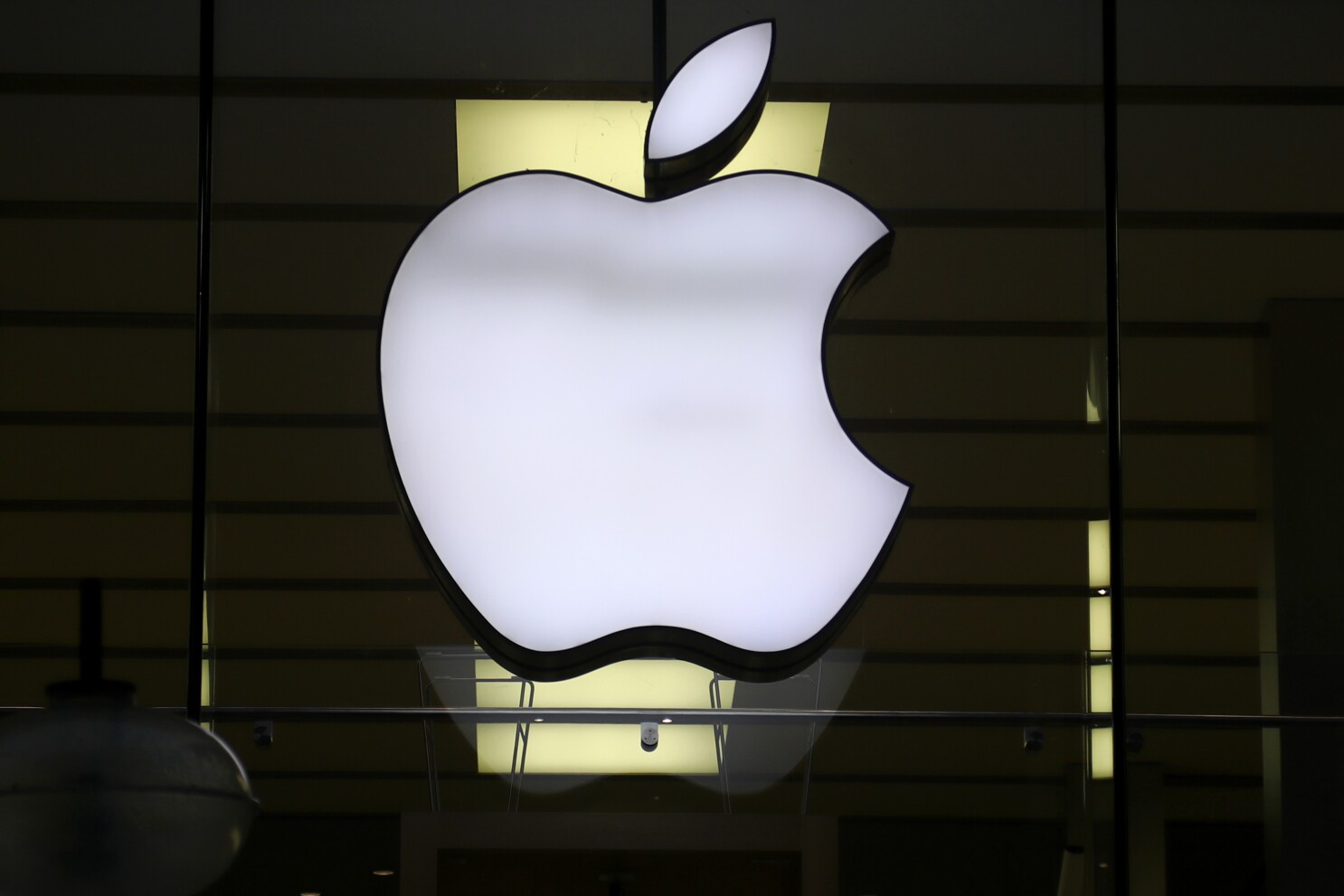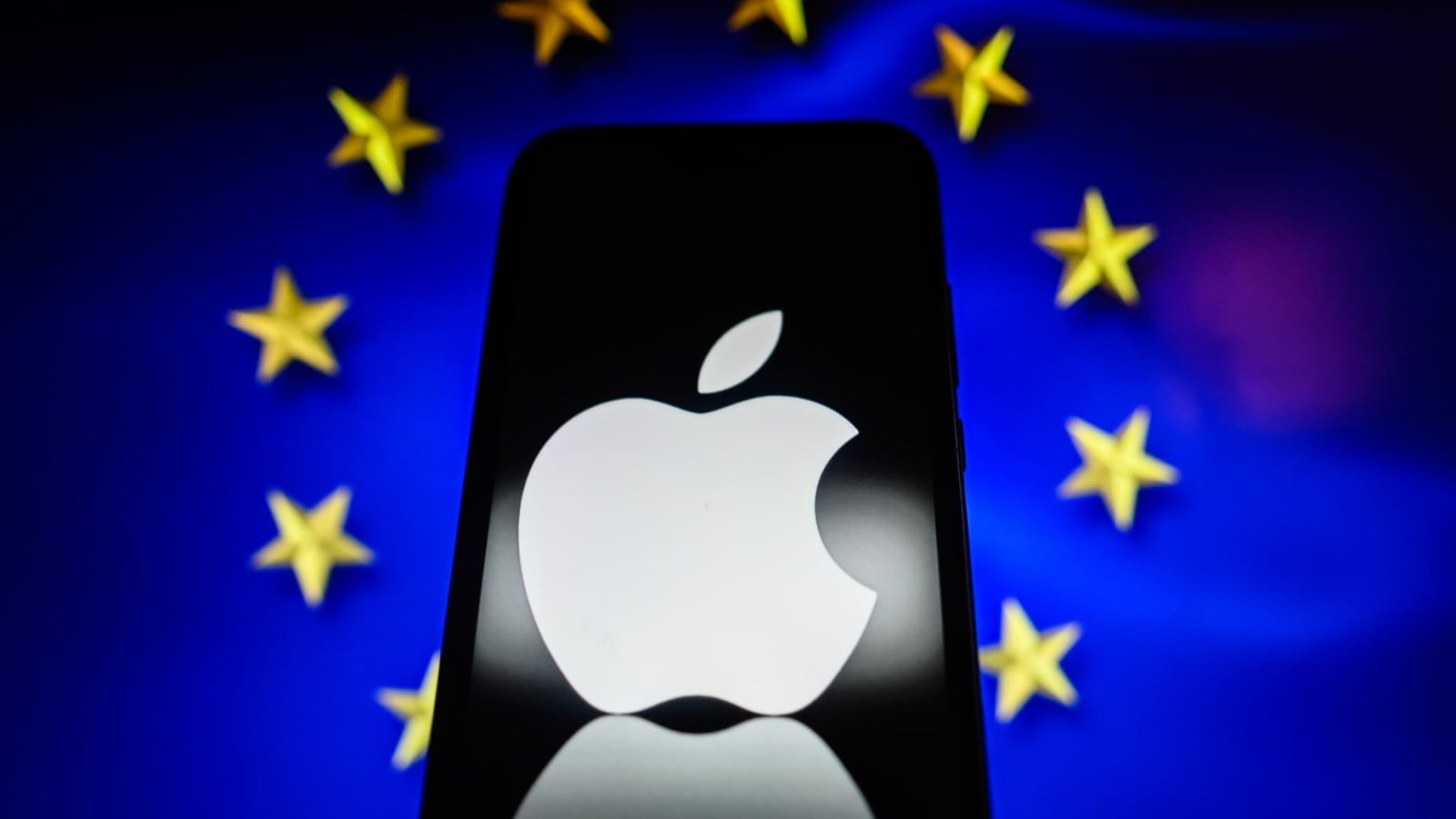Apple has been ordered to pay €13bn (£11bn; $14bn) in unpaid taxes to Ireland by Europe’s highest court, concluding an eight-year legal dispute.
The European Commission had accused Ireland of granting Apple illegal tax benefits in 2016, but Ireland consistently argued that the taxes were not owed. The Irish government, while opposing the decision, stated it would comply with the ruling.
Apple expressed disappointment with the outcome, accusing the European Commission of attempting to “retroactively change the rules.”
A separate ruling from the European Court of Justice (ECJ) on Tuesday also ended a long-standing case with Google, which was fined €2.4bn (£2bn) for abusing its market dominance.
EU antitrust chief Margrethe Vestager celebrated both decisions, calling them a “huge win for European citizens and tax justice.”
In its final judgment, the ECJ affirmed the European Commission’s 2016 decision, stating that Ireland had granted Apple unlawful state aid, which must now be recovered. The ruling brings an end to a prolonged legal battle between the two parties.
The original decision concerned the period between 1991 and 2014, focusing on how profits from two Apple subsidiaries in Ireland were taxed.
These arrangements were found to be illegal, as they gave Apple advantages unavailable to other companies.
The ruling came at a time when the European Commission was cracking down on multinational corporations it believed were using complex financial structures to reduce tax obligations.
In 2020, a lower court of the ECJ had overturned the Commission’s decision following an appeal by Ireland. However, the higher court has now set that verdict aside, citing legal errors.
Apple released a statement following the ruling, asserting, “This case has never been about how much tax we pay, but which government we are required to pay it to.
We always pay all the taxes we owe wherever we operate and there has never been a special deal.” The company criticized the Commission for trying to “retroactively change the rules” and noted that its income was already taxed in the U.S.

“We are disappointed with today’s decision,” Apple added, referencing the General Court’s earlier annulment of the case.
This unfavorable decision for Apple coincides with the tech giant’s recent release of its iPhone 16 range.
Despite the ruling, Ireland has spent years fighting against Apple’s obligation to repay the back taxes. The Irish government has argued that the tax arrangements were essential in making the country attractive to large multinational companies.
Ireland, which has one of the EU’s lowest corporate tax rates, serves as Apple’s headquarters for its European, Middle Eastern, and African operations.
Although corporation tax rates are determined by individual countries, the European Union regulates state aid. In this case, the EU argued that Ireland’s low tax rates for Apple constituted an unfair subsidy.
The latest court decision marks a significant win for the European Commission in its efforts to prevent major corporations from exploiting tax loopholes.
The Irish government acknowledged that the Apple case is now “of historical relevance only” and stated that the process of transferring assets to Ireland would begin.
Tove Maria Ryding, representing the European Network on Debt and Development, a coalition of trade unions and NGOs, welcomed the ECJ’s ruling but emphasized that “our tax problem is more than just one rotten apple.”
She explained that the case, which spans over two decades, highlights the chaotic nature of the current corporate tax system. “We urgently need a fundamental reform for a tax system that is fair, effective, transparent, and predictable,” she added.
In addition to the ruling against Apple, Europe’s top court also ordered Google to pay a €2.4bn fine for abusing the market dominance of its shopping comparison service. Google had been appealing the fine, initially imposed by the European Commission in 2017.
Although Google said it was disappointed with the ruling, the company highlighted that it had implemented changes in 2017 to comply with the Commission’s findings.
The penalty was the largest ever imposed by the Commission at the time, although it was surpassed a year later when Google was fined €4.3bn for allegedly using its Android software to unfairly promote its own apps.







Leave a Reply